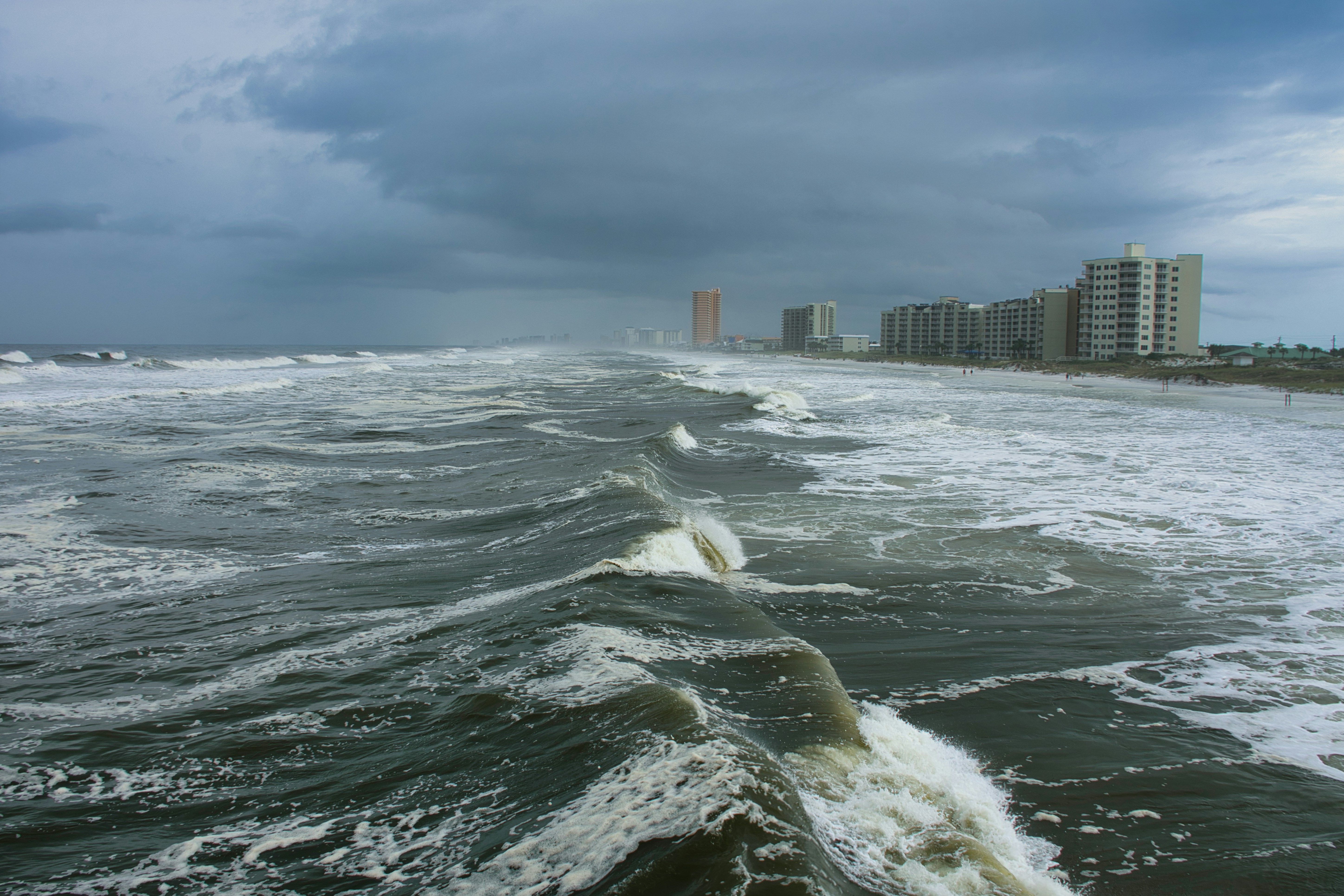Introduction: Rising to the Challenge of Hurricane Relief
In the wake of devastating hurricanes, communities are often left grappling with immediate needs and long-term recovery efforts. Nonprofits play a vital role in hurricane relief, stepping in where government aid may fall short and providing crucial support to those in need. As climate change continues to increase the frequency and intensity of hurricanes, the work of nonprofits becomes more essential than ever.
The Immediate Impact: Responding to Urgent Needs
When hurricanes strike, they bring with them destruction that can decimate entire neighborhoods. Nonprofit organizations are often on the ground before the storm hits, preparing to mobilize resources and volunteers to address urgent needs. The Red Cross, for example, is well-known for setting up emergency shelters and distributing essential supplies such as food, water, and blankets.
These initial efforts are critical in ensuring the safety and well-being of affected populations. They provide a temporary reprieve while longer-term recovery efforts are planned and implemented. The importance of a swift and coordinated response cannot be overstated, as it can significantly reduce the human toll in the aftermath of a storm.
Nonprofits as a Bridge to Recovery
In addition to addressing immediate needs, nonprofits often play a key role in the longer-term recovery process. They act as a bridge between disaster relief and sustainable rebuilding, ensuring that affected communities receive continued support. By leveraging partnerships with local businesses, government agencies, and other nonprofit organizations, they can amplify their impact.
For instance, the [Federal Emergency Management Agency (FEMA)](https://www.fema.gov) often collaborates with nonprofits to maximize resources and streamline recovery efforts. This partnership allows for efficient distribution of aid and provides a more comprehensive support system for those in need.
Supporting Vulnerable Populations
Nonprofits are particularly instrumental in supporting vulnerable populations that may otherwise be overlooked in disaster recovery efforts. This includes low-income families, the elderly, and individuals with disabilities. Organizations such as HelpNow focus on tailored emergency response training and disaster preparedness to ensure these groups have the knowledge and resources they need to stay safe during hurricanes.
By offering specialized programs and services, nonprofits work to mitigate the disproportionate impact that disasters often have on marginalized communities. This includes initiatives like emergency preparedness workshops and support networks that provide ongoing assistance well after the initial relief efforts have subsided.
Fostering Community Resilience
Beyond immediate relief and recovery, nonprofits also play a crucial role in fostering long-term community resilience. They engage in activities that strengthen social ties and empower communities to prepare for future storms. This might include organizing hurricane drills, facilitating community-based disaster planning, and educating the public about the importance of hurricane preparedness.
By focusing on resilience, nonprofits help to reduce the vulnerability of communities to future disasters. This holistic approach not only saves lives but also minimizes economic losses and promotes faster recovery.
How You Can Get Involved
The success of nonprofit hurricane relief efforts depends largely on the support and involvement of individuals and communities. There are numerous ways you can contribute, from donating funds and supplies to volunteering your time and skills. Joining initiatives like HelpNow’s [emergency response training](https://helpnowproject.org/courses) programs not only prepares you for future disasters but also equips you to assist others during times of crisis.
Additionally, supporting nonprofits through financial contributions allows these organizations to maintain a steady supply of resources and manpower, ensuring they can respond swiftly and effectively when disasters strike.
Conclusion: A Collective Effort for a Resilient Future
In conclusion, the role of nonprofits in hurricane relief efforts is both critical and multifaceted. These organizations provide immediate assistance, support vulnerable populations, and promote long-term resilience in communities. As hurricanes continue to pose significant challenges, it is vital that we support these efforts and work collectively toward building a resilient future.
To learn more about how you can support hurricane relief and preparedness efforts, consider [joining HelpNow’s mission](https://helpnowproject.org/join) to create safer, more resilient communities across Florida and beyond. Together, we can make a difference in the lives of those impacted by hurricanes and ensure a more resilient future for all.

